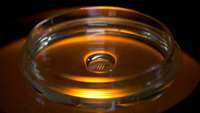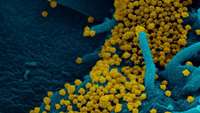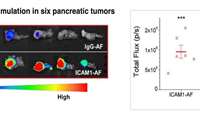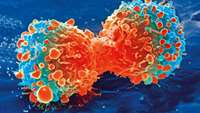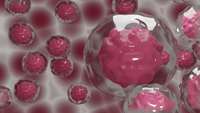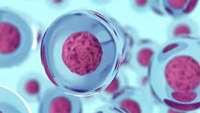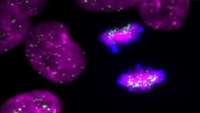Scientists take major step toward Angelman Syndrome gene therapy
Babies born with a faulty maternal copy of the UBE3A gene will develop Angelman syndrome, a severe neurodevelopmental disorder with no cure and limited treatments. Now, for the first time, scientists at the UNC School of Medicine show that gene editing and gene therapy techniques can be used to restore UBE3A in human neuron cultures and treat deficits in an animal model of Angelman syndrome.
Lab tests show risks of using CRISPR gene editing on embryos
A lab experiment aimed at fixing defective DNA in human embryos shows what can go wrong with this type of gene editing and why leading scientists say it’s too unsafe to try. In more than half of the cases, the editing caused unintended changes, such as loss of an entire chromosome or big chunks of it.
Has The Cellular Aging Master Circuit Been Discovered
Humans have long searched for the possibility to extend life and some to even become immortal. But when it comes down to it many consider this to just be a flight of fanciful dreams. But according to research this is not necessarily true. In recent years research is indicating that we can take steps to extend our healthspan and in turn longevity.
Case study details leukemia patient who shed infectious SARS-CoV-2 for at least 70 days
The majority of people infected with SARS-CoV-2 appear to actively shed infectious virus for about 8 days, but there is a wide range of variability from person to person.
Precision chemo-immunotherapy for pancreatic cancer
Pancreatic cancer is highly lethal: according to the National Cancer Institute, only about 10 percent of patients remain alive five years after diagnosis. Now, a preclinical study from the lab of Marsha Moses, Ph.D. at Boston Children's Hospital, reports marked and lasting tumor regression in a mouse model, using a highly selective, potent, engineered antibody-drug combination.
Cancer treatment could be replicated for COVID-19
Beta-blockers could potentially be used to treat COVID-19, according to a new international study by Italian and Australian scientists.
Helping the immune system to combat cancer
Cancers sometimes escape our immune defenses because of the over-activity of molecular signaling systems, called checkpoint processes. Now we may be able to fight back using a new range of molecules, researchers in China report in theEuropean Journal of Medicinal Chemistry.
Artificial muscle sheets transform stem cells into bone
Specifically programmed materials can, under specific conditions, encourage stem cells to transform into bone cells—as revealed by a German research team under the leadership of the Helmholtz-Zentrum Geesthacht, Centre for Materials and Coastal Research.
Making blood on demand: How far have we come
The reconstitution of the blood system in humans holds great therapeutic potential to treat many disorders, like blood cancers, sickle-cell anemia and others.
Stem cells: New insights for future regenerative medicine approaches
Stem cells are considered one of the most promising tools in the field of regenerative medicine because they are a cell type that can give rise to all the cells in our bodies and that has the potential to be used to treat tissue loss due to damage or disease.



